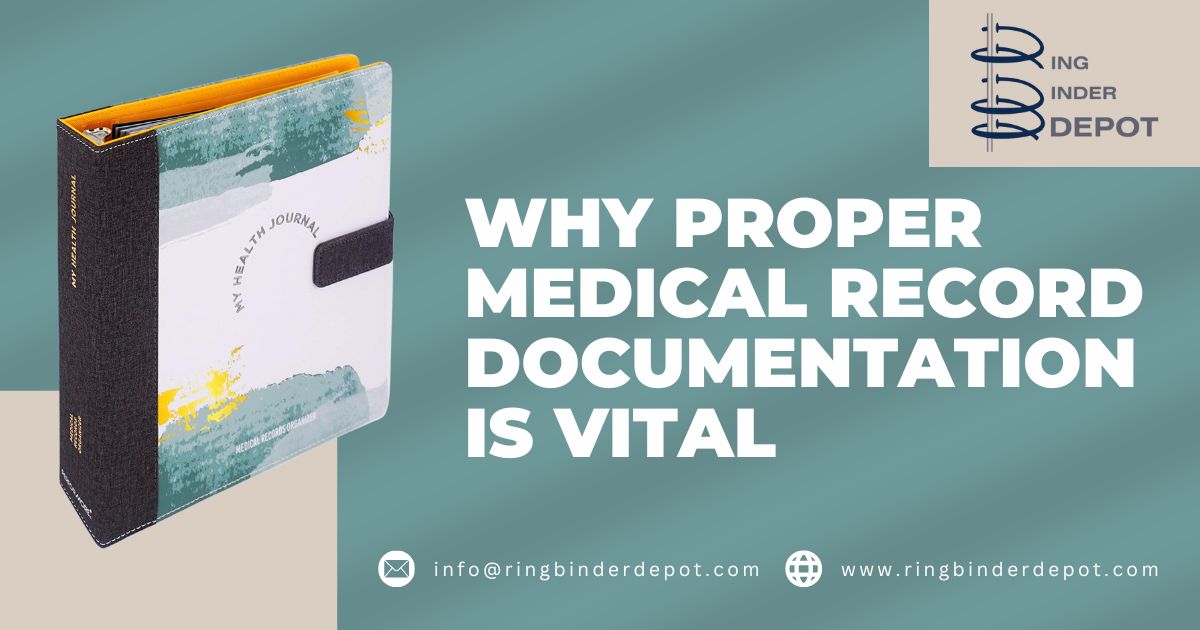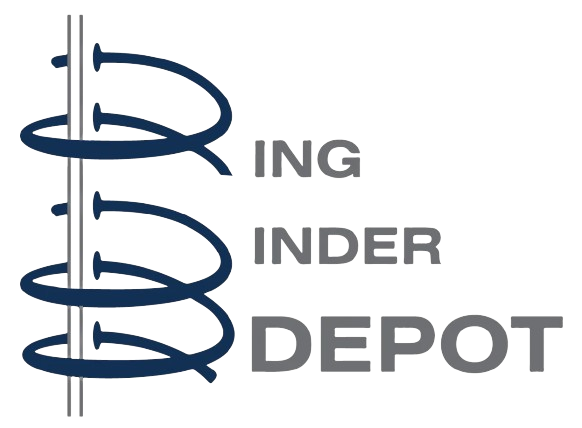
Why Proper Medical Record Documentation Is Vital
There is a famous saying in the healthcare industry that if you did not document, it did not happen.
Though efficient documentation is essential in other industries as well, this illustration is so true in the healthcare industry. This is because inadequate record-keeping could result in claim denial, low productivity, lawsuits, and negative patient health outcomes.
When the stakes are so high in the healthcare industry, healthcare providers cannot take chances. That is why they invest highly in clinical documentation improvement (CDI) to simplify their records processes. Electronic health records improve the communication between providers, payers, and patients.
However, if the records are not properly maintained, there could be negative consequences. So, it is important to invest in the right tools to improve clinical documentation and to think about best practices. It is important to understand why documentation is important.
The Importance of Documentation in Healthcare
Every component of healthcare will suffer without the proper documentation. Insufficient documentation not only causes medical mistakes but also results in denied claims and lawsuits in the healthcare field. The most affected areas due to poor documentation include:
Patient care:
Inadequate documentation can have a detrimental impact on the quality of care provided to patients. Incomplete patient records increase the likelihood of clinicians making medical errors. These errors can range from poorly conceived care plans to incorrect treatments, which may result in patient harm or even death.
Communication:
The ability of a patient’s healthcare team to provide effective care is significantly hindered when communication between team members is ineffective. It is not uncommon for patients to have multiple clinicians. Failure to implement proper documentation may result in the creation of conflicting treatment plans, which could lead to a disruption in the continuity of care.
Profitability:
When medical records such as medical documentation, clinical notes, and progressive notes are incomplete or not properly worded, it may result in claim denial or delay in payments. It means any kind of incorrect documentation can lead to destabilization of the revenue and make the organization less profitable than it could be if they maintain proper documentation.
Liability:
Any kind of malpractice can be a costly venture for any organization. This is why a sound documentation practice can help practitioners mitigate the exposure to litigation. It can also avoid the costs and complexities associated with legal proceedings.
It is essential to understand that all factors are interrelated with each other. To have a full grasp of these, it is important to have documentation in healthcare. For example, any kind of communication gap in the clinicians can result in negatively patient health care outcomes.
Strategies for Enhancing Documentation Processes
Good documentation is important for good healthcare, but it is also important to make sure best practices are followed. Here are some of the strategies that help in finding solutions to improve processes.
Develop And Implement Documentation Standards:
Standards make your charting system consistent. This reduces the chance of mistakes and makes chart reviews easier.
There are many resources from regulatory bodies to help you create a medical record documentation standard for your organization. Use them when you create your own policy, and consider adopting guidelines for other professionals reading your patients’ charts.
Take help from the Health Journal Medical Record Book Organizer:
The health journal medical record book organizer 3-ring binder offers a practical solution for organizing and managing medical records effectively. The durable construction and convenient design of this binder is ideal for healthcare professionals seeking to simplify their documentation processes. It features multiple pockets and dividers for easy categorization and storage of important documents such as patient records, lab reports, and treatment plans.
Regular Audits and Feedback:
It is important to conduct regular audits of documentation practices in order to identify areas for improvement and ensure compliance with regulatory standards. Provide constructive feedback to staff to reinforce proper documentation habits and address any deficiencies.
Conclusion
It is of the importance to maintain clear and concise medical record documentation to provide patients with the highest quality of care. It ensures accurate and timely payment and reduces the malpractice risks. Now healthcare providers can evaluate and plan the patient’s treatment and maintain the necessary care. For buy visit; Ring binder depot .
For more read click >>>>> Exploring the Benefits and Usage of a Boar Bristle Hair Brush
FAQs on Proper Medical Record Documentation
Q1. Why is proper medical record documentation vital?
Proper medical record documentation is vital for several reasons. It ensures accurate patient care, effective communication among healthcare providers, maintains profitability for healthcare organizations, and reduces liability risks associated with malpractice.
Q2. What are the consequences of inadequate documentation in healthcare?
Inadequate documentation can lead to various consequences including medical errors, denied claims, lawsuits, disrupted continuity of care, financial instability for healthcare organizations, and increased liability risks.
Q3. How does poor documentation affect patient care?
Poor documentation can negatively impact the quality of care provided to patients. It increases the likelihood of medical errors, ranging from poorly conceived care plans to incorrect treatments, which may result in patient harm or even death.
Q4. How does proper documentation improve communication in healthcare?
Proper documentation improves communication among members of a patient’s healthcare team. It helps in creating consistent treatment plans, avoiding conflicting instructions, and ensuring continuity of care, thereby enhancing patient outcomes.
Q5. What role does documentation play in the profitability of healthcare organizations?
Proper documentation ensures accurate and timely payment for services rendered, reducing the risk of claim denial or delayed payments. It also helps in maintaining the financial stability and profitability of healthcare organizations.


